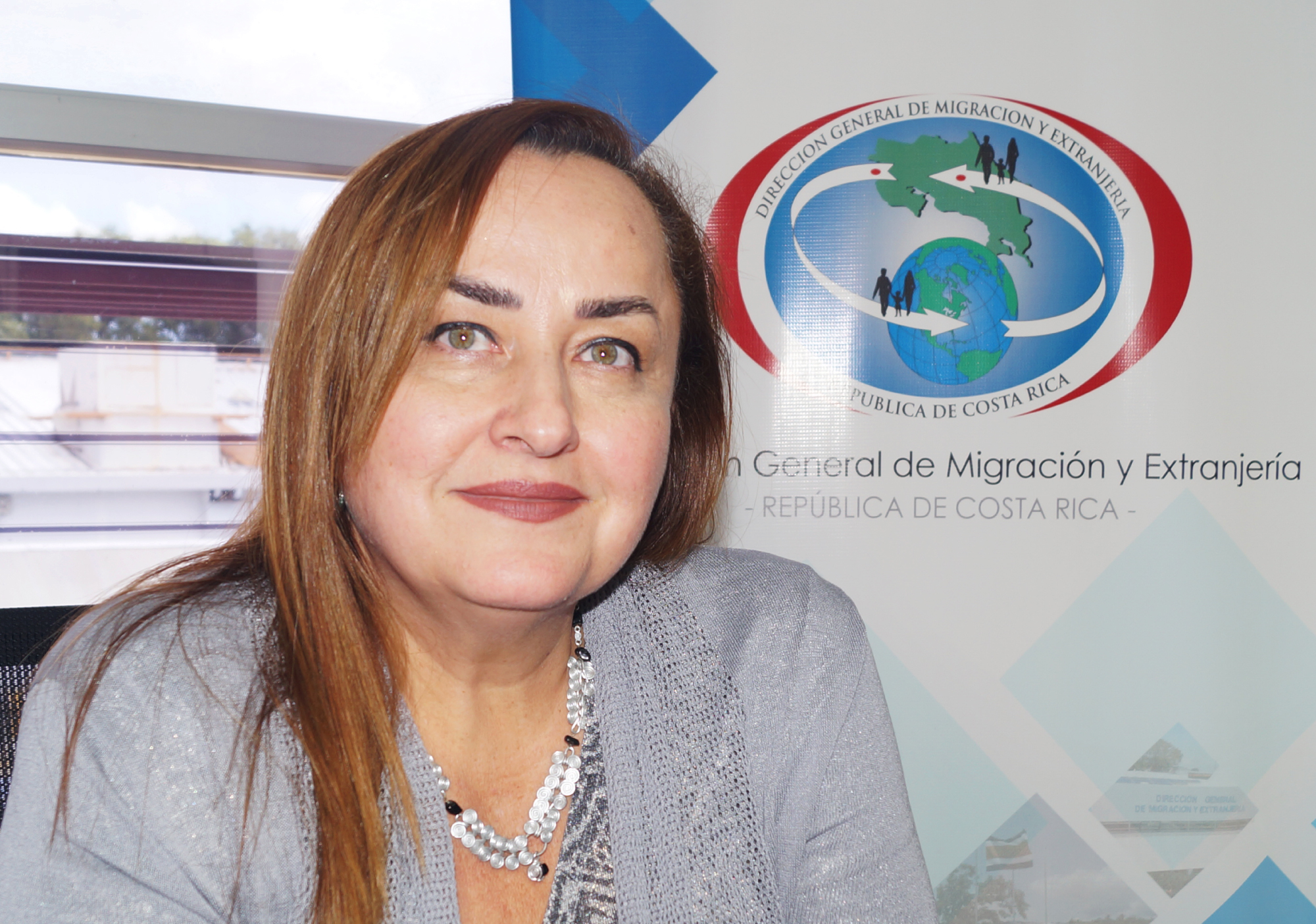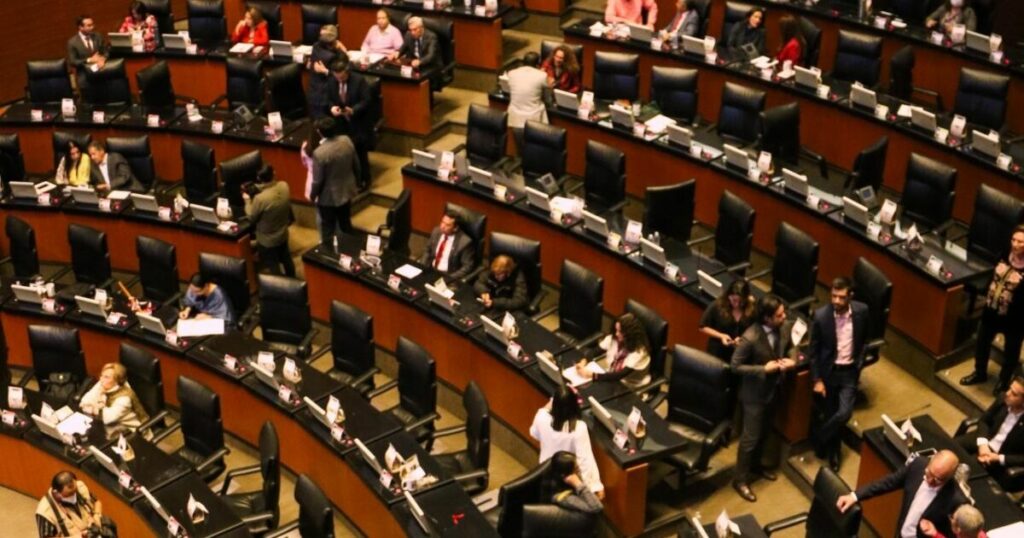The General Directorate of Migration and Immigration of Costa Rica announced that it will request an “addition and clarification” to the Constitutional Court of the Supreme Court of Justice regarding the ruling in favor of a Nicaraguan journalist who filed an appeal habeas corpus against the presidential decrees on refugee processes in that country.
The Costa Rican magistrates consider that the transit restriction (exiting the country) imposed by the Government of Costa Rica is “contrary to the human rights of migrants.” An Executive Decree from President Rodrigo Chaves restricted any travel by refugee applicants while their case is pending.
Migration “clarifies” that the Constitutional Court has not declared the refugee regulations as unconstitutionalalthough in the resolution the Costa Rican magistrates point out “… it is considered that the transit restriction imposed by the appealed authority -by regulation- on refugee applicants is contrary to the human rights of migrants, since it imposes limitations on their freedom outpatient, through legal instrument that is neither suitable nor legitimate for those purposes.”
The resolution of the highest court of Costa Rican justice took as a reference the criteria issued by the United Nations High Commissioner for Refugees (UNHCR) and the commitments acquired by the State of Costa Rica regarding refugees.
“See that said regulation is imposed by executive decree, given that due to the relevance of the immigration status in question, in accordance with what is indicated in the UNHCR report, said limitation can only be imposed by law. Even a legislation in this sense would be subject to constitutionality control to weigh its legitimacy in terms of the restrictions that it can impose, “explains the Constitutional Chamber.
The case of the journalist
The communicator appealed against the immigration decrees because he needed to leave the country for training in Colombia in the last week of January 2023, a trip that had been in his plans since November 28, 2022, two days before the announcement of the government restrictions. of Costa Rica for refugee applicants.
On December 15, after learning about the new measures approved, the journalist went to the Refuge Unit where he was informed that exits from the country were “completely closed” by Executive Decree until his request was resolved and that if he left Costa Rica your petition would be filed by default.
Seven days later, on December 22, they replied that they are not granting exit permits in accordance with Executive Decree no. 43810-MGP.
Migration and Immigration indicates in the statement that “it is respectful of the provisions of the Constitutional Chamber, for which an addition and clarification to the resolution will be requested.” In addition, it excuses itself by alleging that it is “difficult” for the country to grant international protection to a refugee applicant if they are outside the country during their application.
The magistrates consider that in this case there was an “arbitrary limitation” to his right of transit by the Refugee Unit of Costa Rica, when the possibility of leaving the country was denied due to his status as a refugee applicant.
“This Court considers that the application of Article 59 of the Regulations for Refugees violated the rights of the ward, since the Convention on the Statute of Refugees grants those who hold said condition the most favorable treatment possible and in no case the least favorable than that generally granted in the same circumstances to foreigners. Under this order of ideas, the provisions of the aforementioned article limit the ambulatory rights of the refugee applicant, “he refers.

















